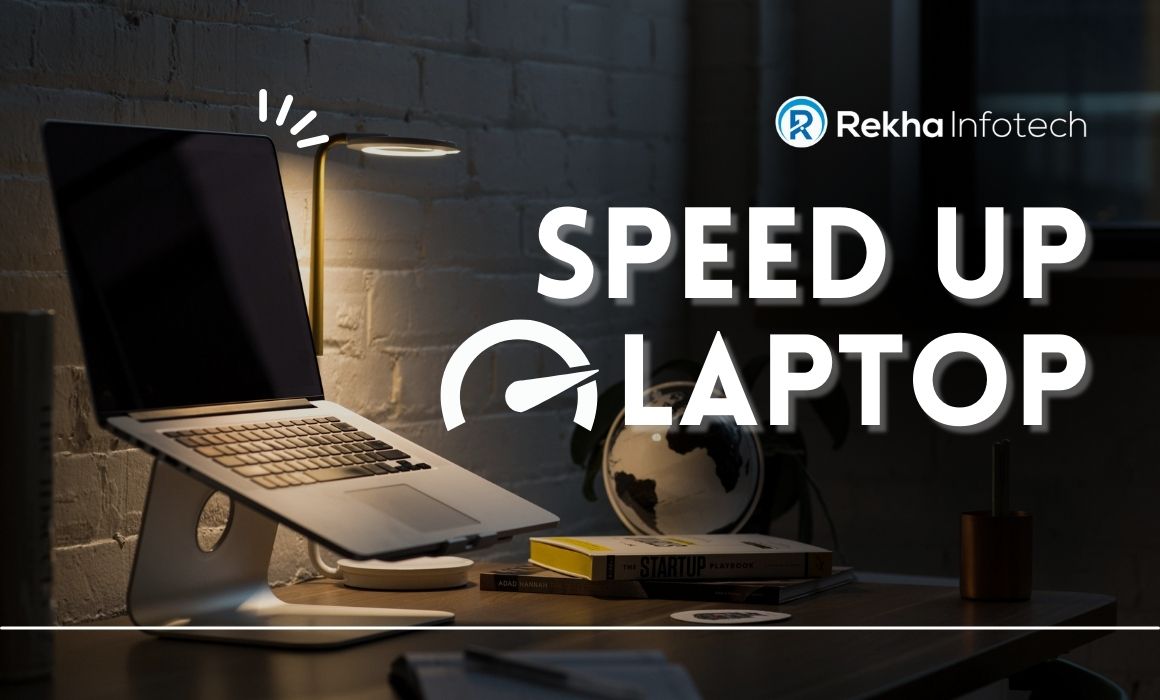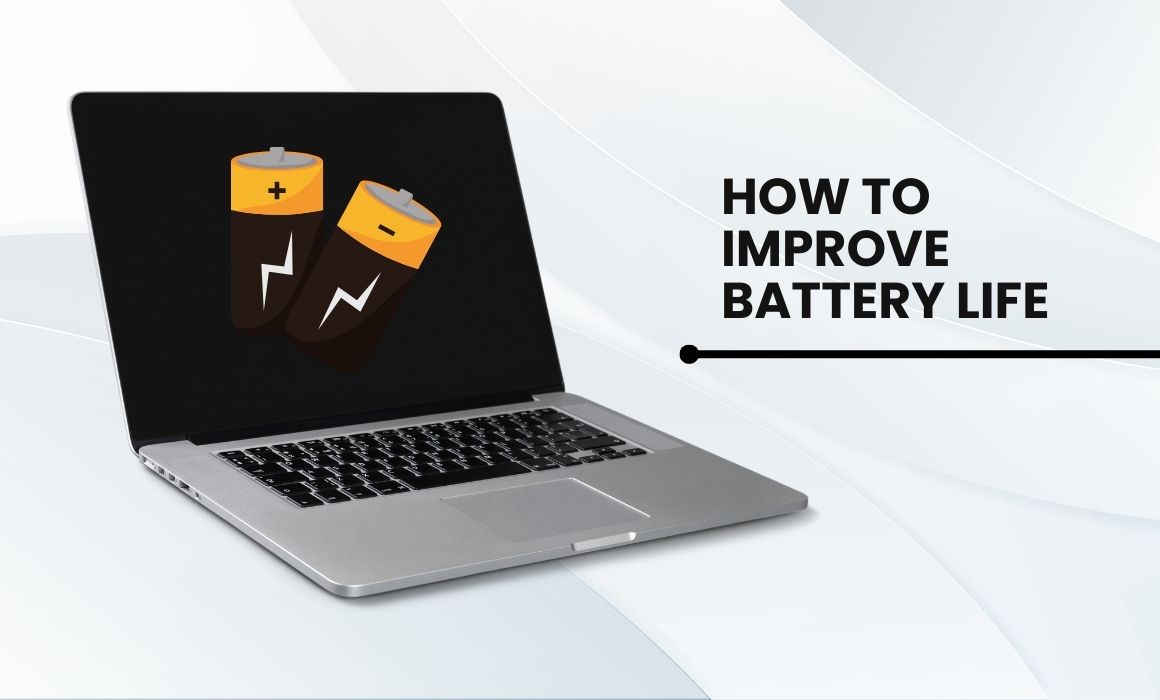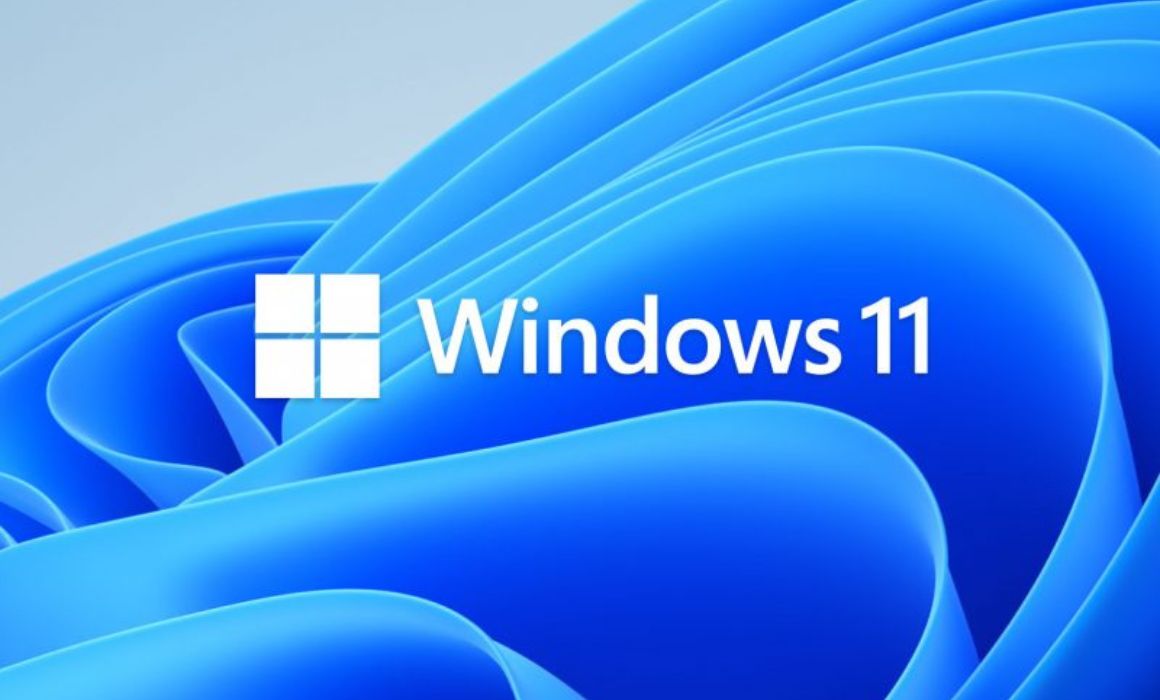5 Tips to Speed Up Your Laptop Performance
Introduction
In today’s fast-paced digital world, having a sluggish laptop can be frustrating and hinder productivity. Thankfully, there are several ways to boost your laptop’s performance and make it operate more efficiently. In this article, we will explore five tips that can help you speed up your laptop and enhance its overall performance.
1. Clean Up Your Hard Drive
One of the primary reasons for a slow laptop is a cluttered hard drive. Over time, your hard drive accumulates unnecessary files, temporary data, and unused applications. To free up space and improve performance, start by removing unused programs from your system. Additionally, consider utilizing a disk cleanup tool to eliminate temporary files and other unnecessary data that clog up your hard drive.
2. Upgrade Your RAM
If your laptop tends to slow down when handling multiple tasks or running resource-intensive applications, upgrading your Random Access Memory (RAM) can make a significant difference. Adding more RAM allows your laptop to handle more information simultaneously, resulting in a smoother and faster experience. Check your laptop’s specifications and consult with a professional if you are unsure about the type and capacity of RAM compatible with your device.
3. Optimize Startup Programs
When you start your laptop, numerous programs and applications may automatically launch at the same time, leading to a slower boot time. By optimizing your startup programs, you can reduce the time it takes for your laptop to fully load and improve overall performance. To do this, access your system’s settings or use dedicated software to disable unnecessary startup programs. Only keep the essential ones that you need on a daily basis.
4. Keep Your Operating System and Software Up to Date
Keeping your operating system and software up to date is essential for optimal laptop performance. Operating system updates often include bug fixes, performance improvements, and security patches that can enhance the speed and stability of your laptop. Similarly, updating your software regularly ensures that you have the latest versions, which often come with performance optimizations and bug fixes. Set your system to receive automatic updates or regularly check for updates manually.
5. Utilize Solid-State Drives (SSDs)
Traditional hard disk drives (HDDs) can be a bottleneck when it comes to laptop performance. Consider upgrading to a Solid-State Drive (SSD) if your laptop still uses an HDD. SSDs are significantly faster, more reliable, and quieter than HDDs. By replacing your laptop’s HDD with an SSD, you can experience faster boot times, quicker application launches, and improved overall performance. However, note that this upgrade may require professional assistance, especially if you are unfamiliar with hardware replacements.
Conclusion
By implementing these five tips, you can significantly improve your laptop’s performance and enjoy a faster, more efficient computing experience. Regularly cleaning up your hard drive, upgrading your RAM, optimizing startup programs, keeping your operating system and software up to date, and utilizing SSDs are all effective strategies to enhance your laptop’s speed and responsiveness. Embrace these tips and optimize your laptop for maximum performance.





